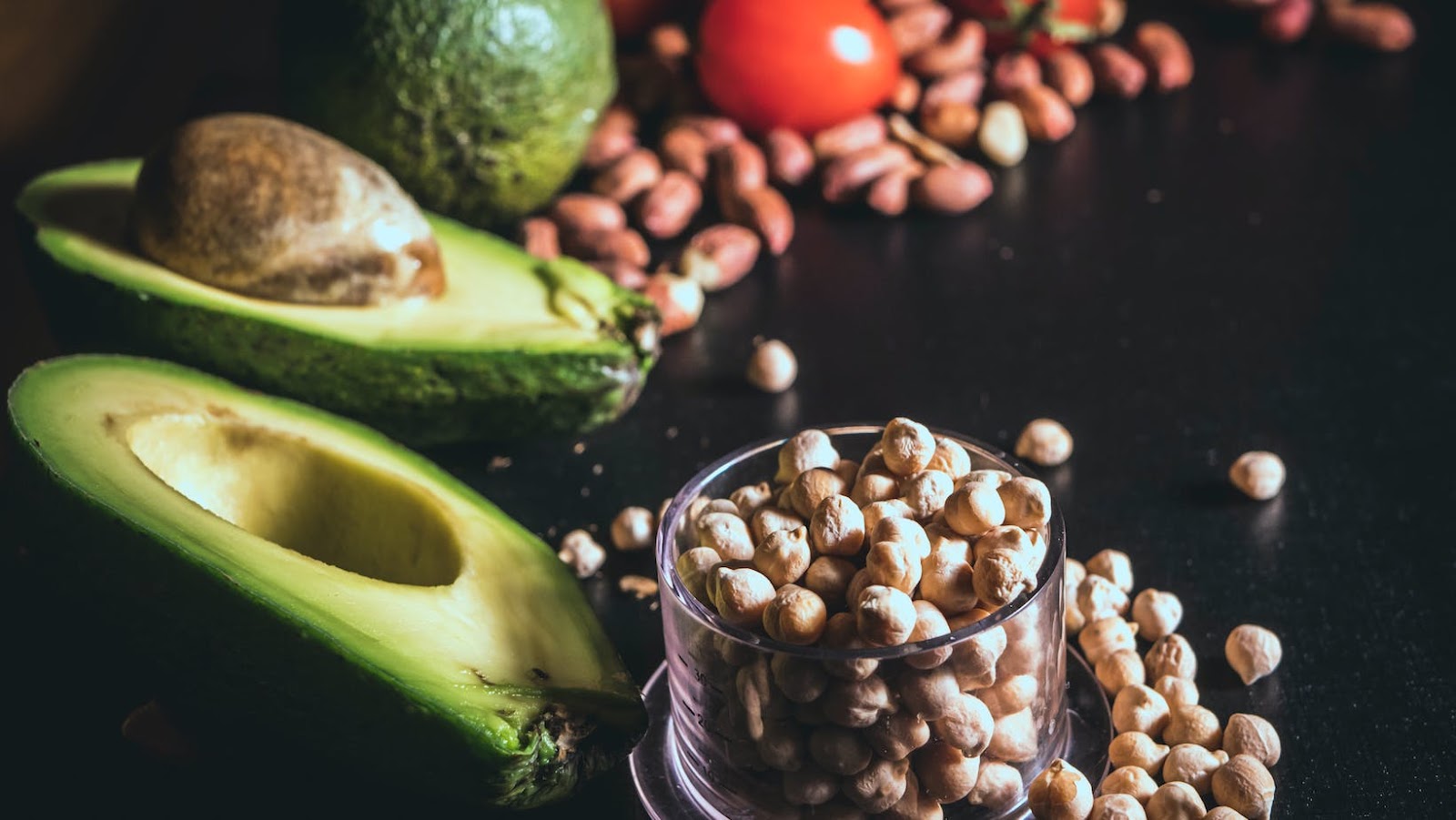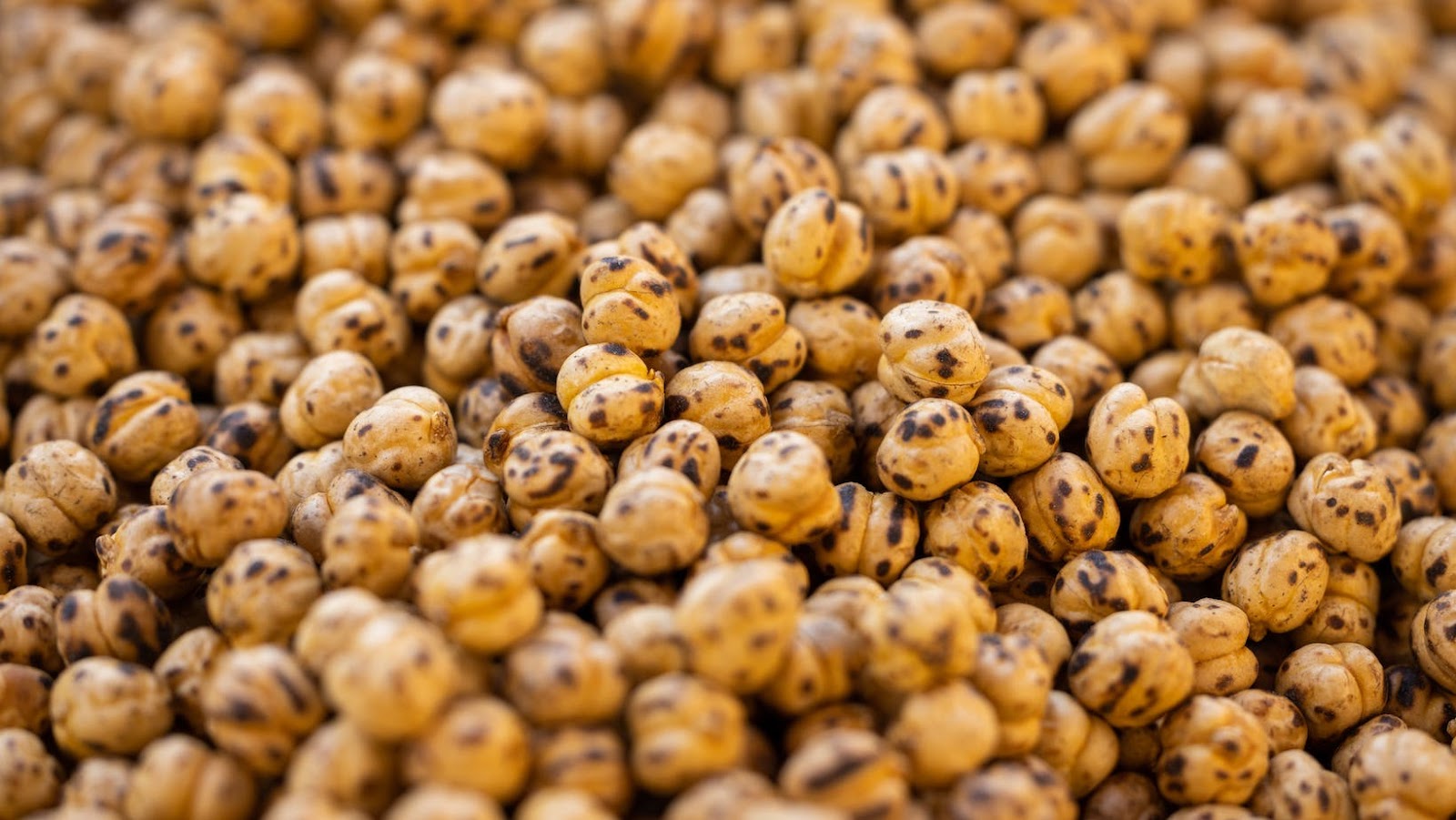
As an experienced blogger in the field of nutrition, I’ve spent years researching and writing about various diets. One such diet that’s been gaining popularity is the ketogenic, or keto, diet. With its high-fat, low-carb approach, it’s no surprise that many are curious about what foods are considered keto-friendly. One food that often comes up in these discussions is chickpeas.
Chickpeas, also known as garbanzo beans, are a staple in many diets around the world. They’re packed with protein, fiber, and a variety of vitamins and minerals. But the question remains: are chickpeas good for keto?
In this article, I’ll delve into the nitty-gritty of chickpeas and their place in a ketogenic diet. We’ll examine their nutritional profile, weigh the pros and cons, and ultimately determine if they’re a good fit for those following a keto lifestyle. So, whether you’re a seasoned keto dieter or just starting out, this article is sure to shed some light on the subject.
What Foods Can You Eat on the Keto Diet?
Keto-friendly foods are often high in fats, moderate in proteins, and low in carbs. The primary aim is to get your body in a state of ketosis, where it uses fat as the primary source of fuel. With that in mind, let’s take a look at what’s typically included.
First off, meats play a vital role in a keto diet. They are nearly carb-free and are excellent sources of protein. Be it chicken, beef, pork, or even fish; most meats are welcomed in the keto lifestyle.
When it comes to vegetables, opt for leafy greens and non-starchy veggies like spinach, broccoli, and bell peppers, which hold lower carb values. Contrary to this, high carb vegetables like potatoes are a big no-no.
In case you’re wondering about chickpeas, I’ll say this. While nutritious and packed with protein, the carb content of chickpeas is a tad high. This might raise the question, are chickpeas good for keto? Strictly speaking, chickpeas aren’t the best fit for a diet aiming at lowering carb intake.
Dairy is another category where all high-fat items like cheese, butter, and heavy cream come to the forefront. Lower-fat dairies like milk aren’t suitable due to their higher carb content.
And let’s not forget about nuts and seeds. These often overlooked powerhouses are decent sources of fat and moderate providers of protein. That said, beware of cashews; they carry a bit of a carb punch!
Last but not least, fats and oils. Avocado, olive, and coconut oils are heart-healthy fats widely embraced by people on a ketogenic diet.
Nutritional Value of Chickpeas
Doing a deep dive into chickpeas, it’s clear why they have a seat at the nutritious food table.
Chickpeas are packed with protein, which makes them an excellent source for vegetarians, vegans, and meat-eaters alike. A consistent source of protein is helpful for muscle repair and building new tissue. These little legumes are also a great source of fiber – aiding in digestion and leaving you feeling full for longer periods.
When we look at the micronutritional value, chickpeas shine brightly. They’re rich in important vitamins and minerals, including:
- Iron
- Vitamin B6
- Magnesium.
However, the question at hand – are chickpeas good for keto? Well, the answer isn’t as straightforward as we might hope.
Are Chickpeas Good for Keto
The question of “are chickpeas good for keto” comes up quite often when exploring low-carb diet options. Chickpeas, or garbanzo beans, are indeed a popular and versatile legume with a bunch of nutritional benefits.
They’re packed with protein and fiber, two essential nutrients for our bodies. The protein contributes to muscle-building, while the fiber has a positive effect on digestion.
However, when it comes down to the keto diet, it can get a bit tricky. With ketogenic diets, the focus is on consuming high-fat, moderate-protein, and extremely low-carb foods. While chickpeas are rich in protein and fiber, they’re also rather high in carbohydrates. Each serving contains over 30 grams of net carbs, which is more than most people’s daily allowance on a strict keto diet.
If you’re following a tight ketogenic diet, unfortunately, chickpeas may not be the most suitable option due to their high carbohydrate content. Yet, there’s still a way around it for those who want to incorporate these nutritional powerhouses. But remember, every individual’s dietary needs and goals are unique. It’s best to consult with a healthcare professional or a nutritionist to tailor a diet to your personal needs.

